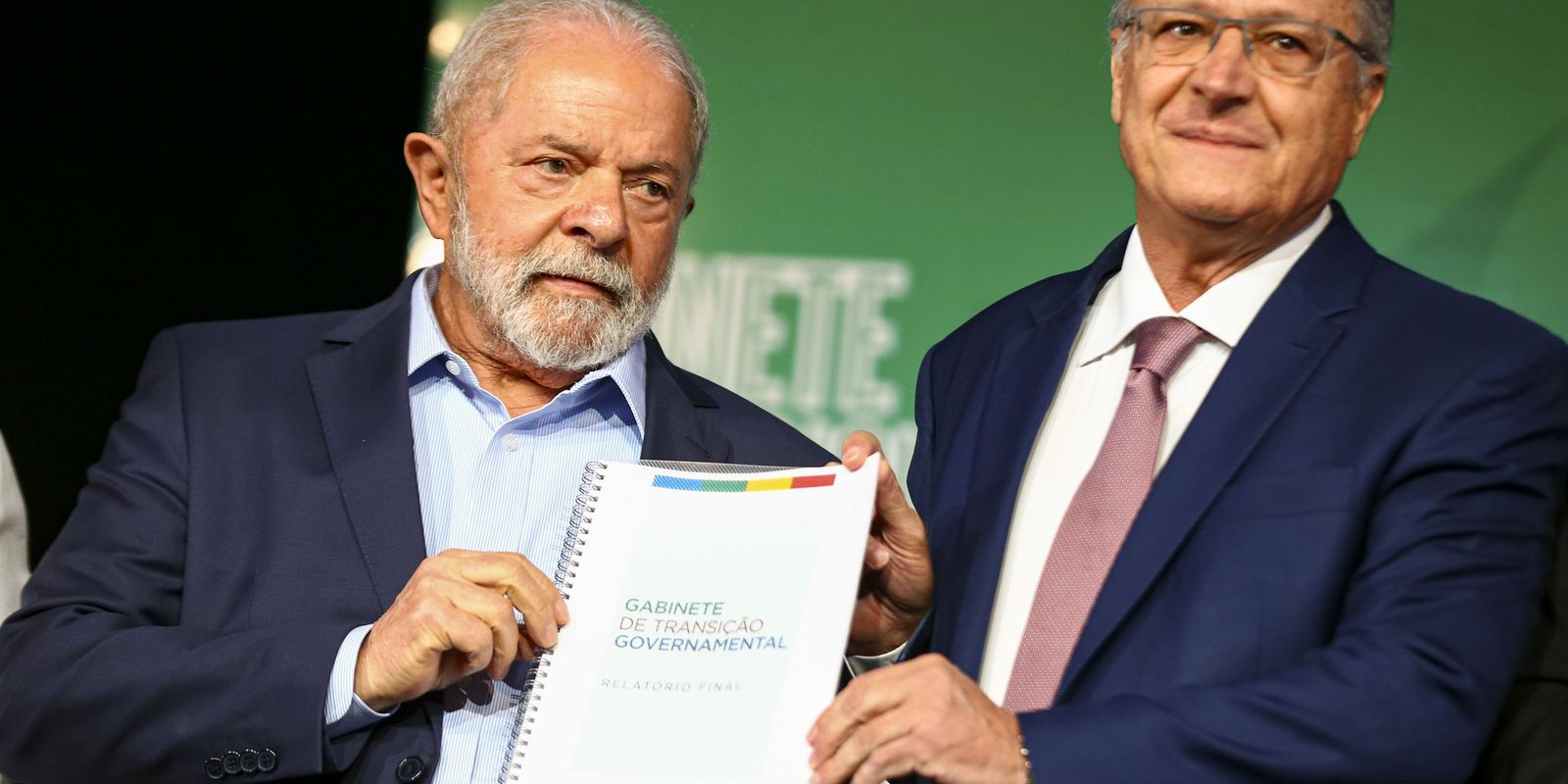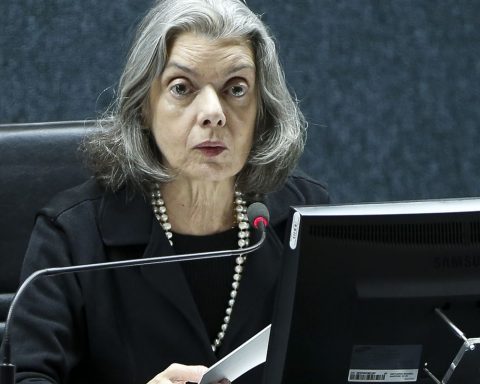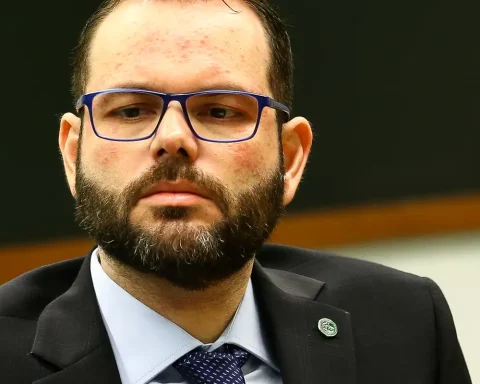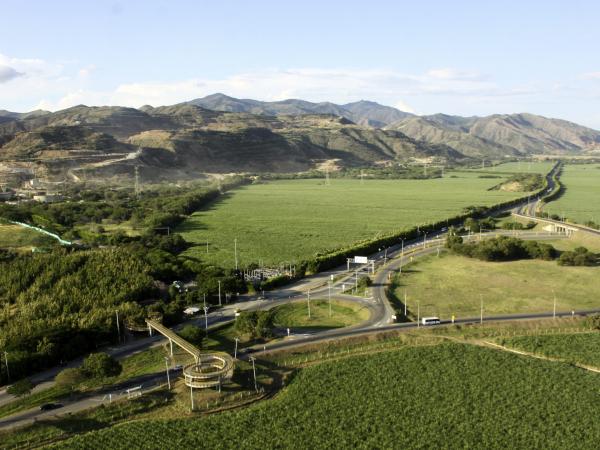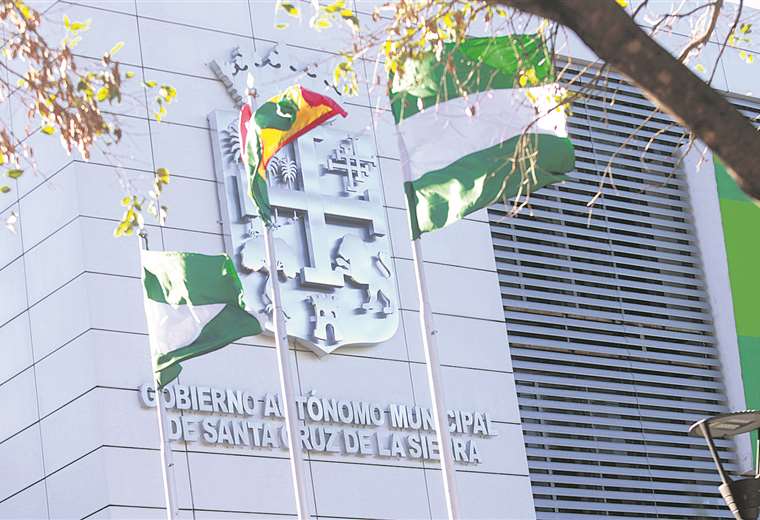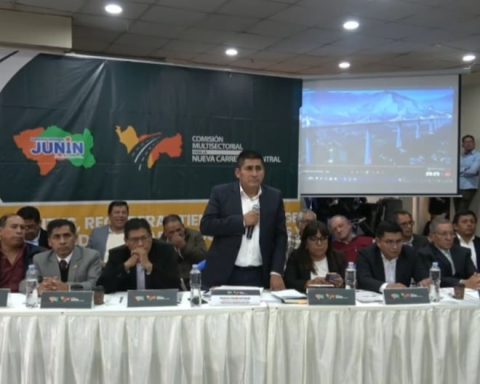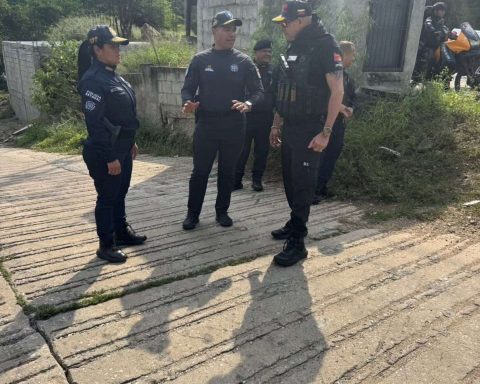The government transition team released today (22) the report end where he warns about the country’s fiscal and budgetary emergencies, one of the central axes of the transition work of President-elect Luiz Inácio Lula da Silva.
“The 2016-2022 period was marked by a sharp deterioration in public finances and the budget, the irresponsibility of the current government culminated in a fiscal blackout at the end of 2022 and a budget proposal for 2023 unable to guarantee the maintenance of essential public services and the functioning of the public machine. Facing this adverse scenario was part of the governmental transition process”, says the report.
In the document, the team detailed the distribution suggestion of the R$ 145 billion resulting from the increase in the spending ceiling, with the approval of the Proposed Amendment to the Constitution (PEC) of the Transition.
“The Transition Coordination sent the suggestions for expanding the programs to the budget rapporteur, seeking to concentrate the demands on expenditures capable of inducing the resumption of economic growth with social inclusion, with high redistributive and multiplier effects on income. Additional expenditures are strongly inclined towards social spending, investments and Science and Technology. In addition, they consider the recomposition of the budget to allow the functioning of the State in crucial areas”, says the transition document.
Yesterday (21), the National Congress enacted the PEC, which becomes part of the Constitution through Constitutional Amendment 126 of 2022. For the transition team, the measure points to the “need to review and rebuild institutions and fiscal rules country, combining economic stabilization, fiscal sustainability and reduction of inequalities”.
Introduced in 2019, the spending cap regime limits government spending increases to the previous year’s inflation. “In practice, even in the face of any level of real GDP growth, the rule implies a reduction in primary expenditure in relation to the size of the economy, and also regardless of the tax collection behavior”, says the report.
Of the total resources, the team suggests the following distribution, to be included in the Annual Budget Law, approved today by the National Congress after the release of the report.
Ministry of Citizenship – BRL 75 billion, of which BRL 70 million will be used to fund the Auxílio Brasil (which will be renamed Bolsa Família in 2023) of BRL 600 with an additional BRL 150 per child up to 6 years old.
Ministry of Health – BRL 22.7 billion, including resources for the Popular Pharmacy program
Ministry of Education – BRL 10.8 billion
Ministry of Regional Development – BRL 9.5 billion
For the readjustment of the minimum wage – BRL 6.8 billion
Union Financial Charges – BRL 5.6 billion
Ministry of Science, Technology and Innovation – BRL 4.9 billion
Ministry of Tourism – BRL 3.7 billion
Ministry of Economy – BRL 1.7 billion
Ministry of Defense – BRL 1 billion
Ministry of Agriculture, Livestock and Supply – BRL 933.9 million
Ministry of Justice and Public Security – BRL 799.9 million
Ministry of the Environment – BRL 536 million
Ministry of Labor and Social Security – BRL 400.6 million
Ministry of Women, Family and Human Rights – BRL 250 million
Ministry of Communications – BRL 126.4 million
Presidency of the Republic – BRL 35 million
Central Bank of Brazil – BRL 10 million
According to the document, from the macroeconomic point of view, the expected expenditure is concentrated on expenditures that can reverse the expectation of economic slowdown. “Moreover, the PEC avoids an abrupt drop in spending as a proportion of GDP, pointing to the maintenance of spending levels for 2022 and preventing a significant fiscal contraction, which would reinforce the undesirable scenario of economic slowdown”, says the transition.
The team points out that, without the BRL 145 billion made possible by the PEC, “the population would suffer an additional precariousness of public services”. The diagnosis also points out that several of these services have suffered a sharp drop in resources since 2015.
Among the examples cited by the team, of reduction between the 2022 Budget and the project sent by the current government to Congress for 2023 are the benefit of Auxílio Brasil from R$ 600 to R$ 405; the construction of preschools from R$ 111 million to R$ 2.5 million; o Support for Emergency Mitigation Works for Disaster Reduction from R$ 2.57 million to R$ 25 thousand; indigenous health from BRL 1.49 billion to BRL 610 million; the purchase and distribution of food from family farming from R$ 679.5 million to R$ 2.67 million.
The 100-page report also provides an overview of each area in terms of social development and the guarantee of rights; economic development and socio-environmental and climate sustainability; and defense of democracy, reconstruction of the State and sovereignty. Furthermore, the team suggested measures to revocation and revisionsuch as the policy of weapons, and the proposal of the new organizational structure of the 37 ministries of the new government.
